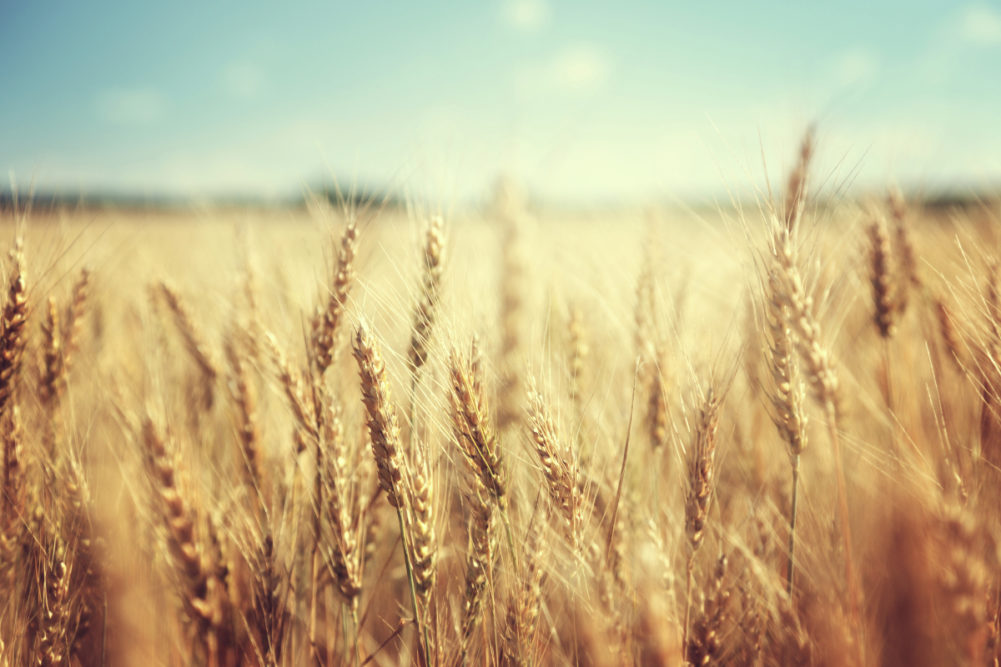ISLAMABAD, PAKISTAN — Despite a slight boost in wheat production Pakistan still falls short of its targets of 27 million tonnes for the current year, according to a Global Agricultural Information Network report from the US Department of Agriculture (USDA).
The current year’s wheat production forecast is 25.5 million tonnes, a 1.2-million-tonne increase over the previous year. Pakistan procured 6.5 million tonnes of wheat from this year’s harvest, about 80% of its goal, the USDA said. The country sought to increase it wheat reserve due to the uncertainties of the coronavirus (COVID-19) pandemic.
In June, Pakistan lifted the 60% wheat import duty for the private sector, and it will remain in place until further notice.
The country also is dealing with possible locust infestations on top of COVID-19. According to the USDA, Pakistan has enough wheat stocks for the current marketing year and may import around 600,000 tonnes to build reserves.
No significant damage by the locusts to Pakistan’s rice crop have been reported. It is the second wave of infestation in the country. The government has been able to confine the swarms to desert areas and some bordering districts.
The USDA anticipates another swarm to enter the country from East Africa in July, which could damage Pakistan’s rice crop as it will be in the flowing stages.
According to the Food and Agriculture Organization of the United Nations (FAO), wet or rainy weather provides favorable conditions for locusts to breed.
The Pakistan Meteorological Department forecasts above-normal rainfall for the 2020 monsoon season. The country is expected to receive 10% more rain than normal. Pakistan’s monsoon season starts in July and ends in September. The USDA projects Pakistan’s market year 2020-21 rice production to total 7.4 million tonnes.
Pakistan’s rice exports increased after India applied lockdown measures in response to COVID-19. Pakistani rice exports increased 59% to $420 million in April 2020, the report said. The USDA’s market year 2019-20 rice exports for Pakistan remains unchanged at 4.4 million tonnes.
Follow our breaking news coverage of the coronavirus/COVID-19 situation.





